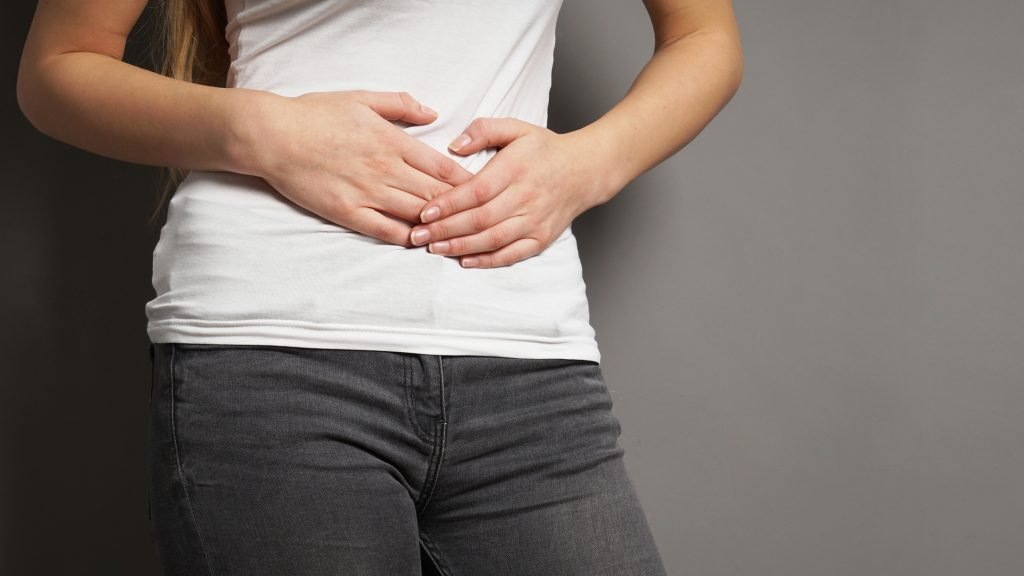Take Control of Your Health

Male Health
The importance of Understanding your health can never be under estimated. Historically, males have been the sex who shy away from seeking help or put off until ‘tomorrow’. However, on average, males will die 5 years earlier than women, highlighting the importance of educating and informing the male population of health risks associated with male health.
Health risks include:
- Cardiovascular disease
- Diabetes
- Lung Cancer
- Prostate issues – prostate cancer and benign prostate hyperplasia
- Erectile dysfunction
- Depression & Suicide
Testosterone
The hormone, Testosterone, known for its role in male appearance and sexual development also helps to build muscle tone and bone mass. With ageing, testosterone will decrease gradually enabling the body to conserve bone and muscle mass. However, medical conditions, long term stress, obesity and environmental oestrogen exposure may lead to lower than normal levels of testosterone.
Signs and symptoms of low testosterone include:
- Erectile dysfunction
- Low sex drive
- Fatigue
- Increase in body fat and loss of muscle mass
- Osteoporosis
- Balding
- Mood Changes
- Poor memory
- Increases risk of cardiovascular disease
Erectile Dysfunction (ED)
ED is not uncommon, many males experience it in times of stress. It can also be a sign of an underlying health problem or a sign of emotional / relationship difficulties.
There are many possible causes of ED including;
- Cardiovascular disease
- Diabetes
- High Blood Pressure
- High Cholesterol
- Obesity/overweight
- Stress
- Anxiety
- Increased age
- Smoking
- Drug/alcohol use
- Injury
- Cancer surgery.
It can sometimes be a symptom of atherosclerosis which occurs with high blood pressure, high cholesterol, insulin resistance, smoking and alcohol.
Prostate Gland
The prostate gland is an exocrine gland with a main function of storing and secreting semen. The most common disorders associated with it are prostatitis and benign prostatic hyperplasia.
Prostatitis
Prostatitis is an infection of the prostate gland which can be non-bacterial or bacterial and can be caused by urinary tract infections, prostate biopsy, STI, pelvic injury.
Signs & Symptoms
- Urinary tract infections
- Difficulty passing urine
- Increased frequency & urgency
- Nocturia (waking at night to urinate)
- Dysuria (pain or burning sensation when passing urine)
- Discharge from the urethra
- Fever, general tiredness.
- Blood in the urine, bloody semen, painful ejaculation, sexual dysfunction
- Pain to lower back, pelvis or perineum
Benign Prostatic Hyperplasia (BPH)
BPH is an enlargement of the prostate gland is the 4th most common diagnosis in older men, 90% of males will have an enlarged prostate by the age of 80. The main risk factors include abdominal obesity and genetic factors.

Symptoms
- Increased urination frequency and urgency
- Reduced force when urinating
- Nocturia (waking at night to urinate)
- Reduced sexual dysfunction
- Oestrogen is believed to be involved in prostate enlargement as the prostate is an oestrogen sensitive organ.
- Oestrogens in males is produced by aromatisation of androgens, which is found mainly in adipose tissues. As body fat increase with age so does aromatisation of androgens which is compounded by obesity, insulin resistance, alcohol consumption and inflammation.
What To Do
Seek support – talk to a specialist, GP, therapist, family, friends.
Be informed – listen to others, but remember every individual is different. Recognise the symptoms of your health & seek professional advice.
Be educated – look at the research available through professionals, friends or family and use this to inform your choice of treatments when meeting specialists.

Conclusion
Balance and support your reproductive, endocrine, cardiovascular and digestive systems to promote your health.
If you have any questions, concerns or would just like further information about male health, don’t hesitate to reach out and get in touch with us here at Health 4U. Or you can book an appointment with Sinéad through our online booking platform, and together we will help you understand and take control of your hormonal health.
Share this article
Share on facebook
Facebook
Share on twitter
Twitter
Share on linkedin
Linkedin
Share on email
Email
Share on whatsapp
Whatsapp


